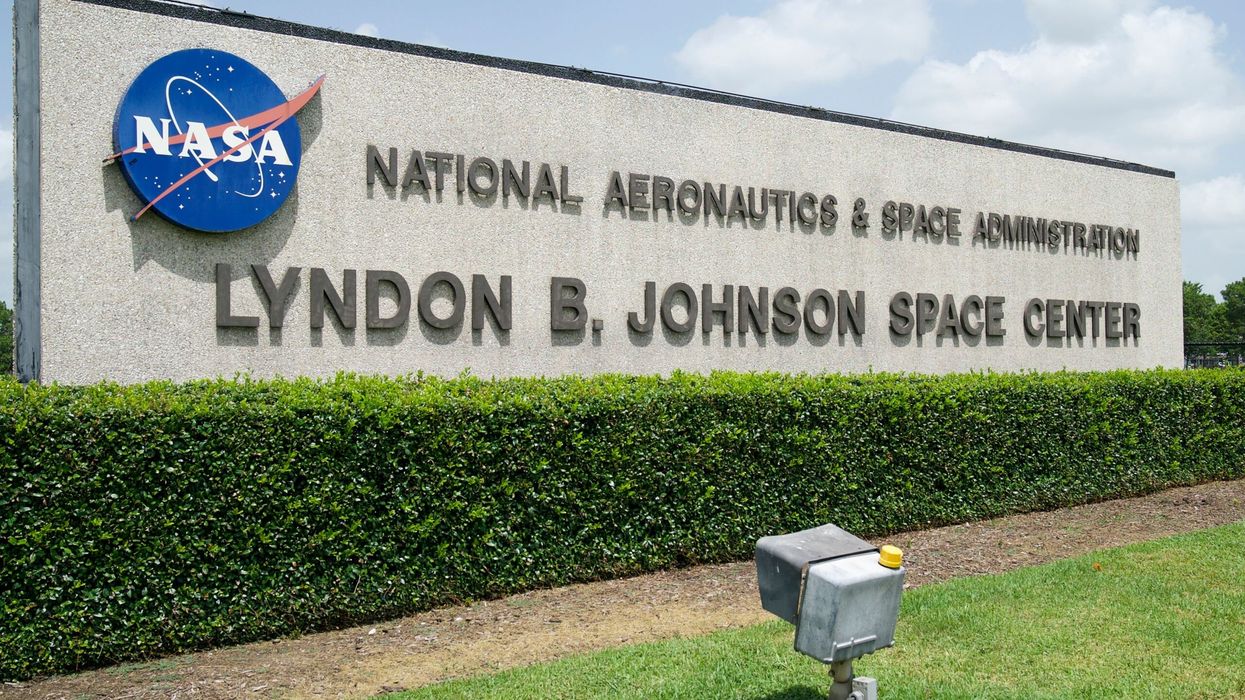India and the US jointly announced on Monday the successful conclusion of the Strategic Framework for Human Spaceflight Cooperation, aimed at deepening interoperability in space.
As part of this framework, both countries are actively working towards commencing advanced training programmes for Indian Space Research Organisation (ISRO) astronauts at NASA's Johnson Space Center.
A fact-sheet released after the iCET Dialogue between US National Security Adviser Jake Sullivan and India's National Security Advisor Ajit Doval highlighted their exploration of opportunities to participate in the Lunar Gateway Programme. This international endeavour, forming a crucial component of the collaborative Artemis programme led by the US, seeks to establish a space station in lunar orbit.
The discussions between the two NSAs also delved into avenues for India's involvement in the Lunar Gateway Programme, along with exploring joint collaboration opportunities in various other space technologies.
Both leaders exchanged perspectives on securing a platform for the first-ever joint venture between NASA and ISRO astronauts at the International Space Station (ISS). This landmark initiative is set to significantly bolster the India-US space partnership and enhance space exploration capabilities.
The fact-sheet also underscored the strengthening defence space cooperation through the second Advanced Domains Defense Dialogue, held at the Pentagon in May. This included bilateral expert exchanges on emerging domains such as artificial intelligence and featured an India-US space table-top exercise.
Furthermore, it highlighted the joint preparations by the space agencies of both countries for the upcoming launch of the NASA-ISRO Synthetic Aperture Radar. This satellite, developed jointly, is slated to map the Earth's surface comprehensively twice every 12 days, playing a pivotal role in addressing global challenges like climate change.
The iCET talks also marked the commencement of a new collaboration between the US Space Force and Indian startups 114ai and 3rdiTech. This partnership aims to advance technologies such as space situational awareness, data fusion, and infra-red sensor semiconductor manufacturing.
(PTI)





